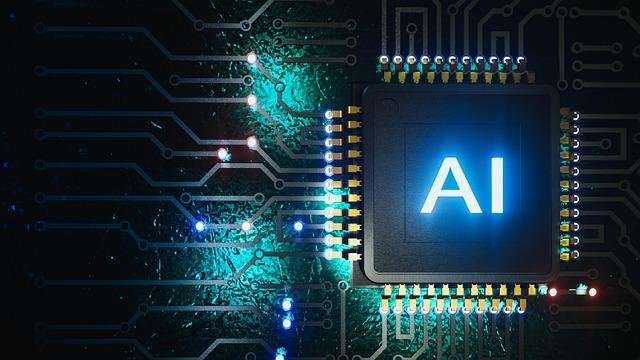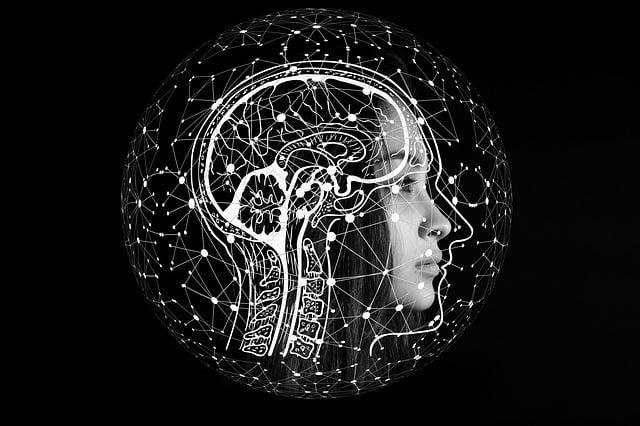- Introduction
- Technology's Impact on Society
- Innovation and Progress
- Global Connectivity
- The Rise of Artificial Intelligence
- Shaping the Future
- Conclusion
- FAQs
Introduction
In today's fast-paced world, technology plays a pivotal role in shaping our lives. From the way we communicate to how we work and interact with the world around us, technological advancements have revolutionized every aspect of society. This article delves into the various ways that technology is influencing our world and how it continues to shape our future.
Technology's Impact on Society

(Image: Pixabay/@ElisaRiva)
One of the most significant impacts of technology on society is the way it has transformed communication. With the advent of smartphones and social media platforms, people can connect instantaneously across the globe, breaking down communication barriers like never before. Technology has also revolutionized industries, streamlining processes, and increasing efficiency.
Moreover, technology has made information more accessible, empowering individuals with knowledge at their fingertips. Educational opportunities have expanded through online resources and e-learning platforms, making learning more flexible and inclusive.
However, alongside these benefits, there are concerns about privacy and security in the digital age. As technology advances, issues such as data breaches and cyber threats have become prevalent. It is crucial for society to strike a balance between technological advancement and safeguarding individual rights and data.
Innovation and Progress

(Image: Pixabay/@geralt)
Technology has been a driving force behind innovation and progress in various fields, from healthcare to transportation. In the medical sector, advancements in technology have led to improved diagnostic tools, personalized treatments, and increased access to healthcare services.
Similarly, in transportation, developments such as electric vehicles and autonomous driving systems are reshaping the way we commute. These innovations not only enhance convenience but also contribute to reducing environmental impact and promoting sustainability.
As technology continues to evolve, fostering a culture of innovation becomes essential for societies to adapt to rapid changes and capitalize on new opportunities. Creativity and entrepreneurship are key drivers of technological progress, fueling economic growth and prosperity.
Global Connectivity

(Image: Pixabay/@ArcNovaStudio)
The digital age has facilitated global connectivity on an unprecedented scale, enabling interactions and collaborations across borders. Social networking platforms, online marketplaces, and remote working technologies have made the world more interconnected than ever before.
This interconnectedness has not only transformed business models and economic landscapes but has also sparked cultural exchanges and cross-cultural understanding. Through technology, people from diverse backgrounds can come together, share ideas, and create meaningful connections.
However, challenges such as digital divides and information overload persist in a hyperconnected world. Addressing these disparities and promoting digital literacy are essential to ensure that everyone can benefit from the opportunities presented by global connectivity.
The Rise of Artificial Intelligence

(Image: Pixabay/@geralt)
Artificial Intelligence (AI) is revolutionizing industries and reshaping the way we live and work. From automated customer service chatbots to predictive analytics in healthcare, AI applications have become integral to modern-day operations.
The capabilities of AI continue to expand, with advancements in machine learning and deep learning algorithms enabling machines to mimic human intelligence and perform complex tasks. While AI presents immense opportunities for automation and optimization, ethical considerations regarding AI bias and job displacement need to be addressed.
The integration of AI into various sectors underscores the importance of responsible AI development and deployment to ensure that technology aligns with ethical standards and societal values.
Shaping the Future

(Image: Pixabay/@cDuBBy)
As we embrace the possibilities presented by technology, we are actively shaping the future of our world. Emerging technologies such as 5G networks, Internet of Things (IoT), and blockchain are poised to transform industries, enhance connectivity, and drive innovation in the years to come.
The convergence of these technologies holds the potential to create smart cities, revolutionize healthcare systems, and pave the way for sustainable solutions to global challenges. Collaborative efforts between governments, businesses, and communities will be crucial in harnessing the full potential of technological advancements for the betterment of society.
Conclusion
Technology is a powerful force that continues to shape our world in profound ways. From enabling global connectivity to driving innovation and progress, advancements in technology have the potential to bring about positive change and address complex societal challenges. Embracing the future entails harnessing technology responsibly, fostering innovation, and prioritizing ethical considerations to create a sustainable and inclusive future for all.
FAQs
How can technology be used to bridge digital divides?
Technology can bridge digital divides by promoting digital literacy programs, expanding internet connectivity infrastructure, and providing access to affordable devices. By making technology more accessible and inclusive, disparities in digital access can be mitigated.
What are the ethical considerations associated with artificial intelligence?
Ethical considerations related to artificial intelligence include issues of bias in AI algorithms, data privacy and security concerns, and the impact of AI on employment opportunities. Ensuring transparent AI practices, accountability, and regulatory frameworks are essential to address these ethical challenges.
